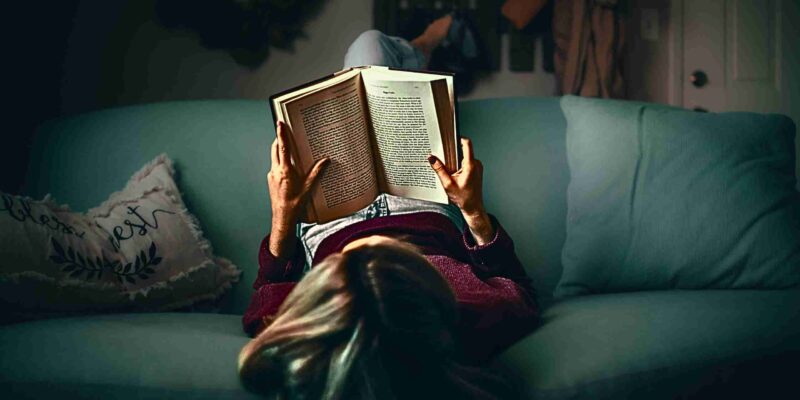What happens after you finish reading a great book? You know, the one you tell everyone about or the one you can’t quit thinking about. I know, you want a similar follow-up, right?
What is a Rebound Book?
I define a rebound book as the the very next book after a great read. The rebound book is supposed to be the cure for the post-great-read hangover which I hate.
For instance, I just finished reading Molly’s Game–memorable, meaningful, and meaty with some strong themes on family, poor choices, questionable business practices, and so much more.
If you are like many readers, you want to top the book you just read. That’s hard to do, especially with fiction. However, I have a few ideas that might be helpful.
Four Ideas for Your Next Rebound Book
As I mentioned, I’m working on my rebound books right now. Yes, books as in plural. That’s because I’m including audio books too as part of the solution. There’s no drumroll, so let’s get this started:
- In the case of Molly’s Game, I wanted to read something entirely different after reading that great book. That strategy keeps me from comparing my new read with the last one where the bar is super high. So far, it’s working. I’m about 20% into Fortune’s Formula by Poundstone and I’m already fully engaged in the material. I also just started a new audio title too, Let My People Go Surfing by Chouinard. Both titles are helping me to avoid the hangover from reading Molly’s Game.
- Sometimes, I’ll peak at other titles by the same author. I know this is probably natural with certain writers: Michael Lewis, Malcolm Gladwell, or Patrick Lencioni are examples. Last year, the book that stood out the most was American Kingpin. That book caused me to lose sleep. I immediately followed up with another Nick Bilton book, Hatching Twitter. Good book, but not as memorable as American Kingpin. Still, it’s a strategy to consider.
- This next strategy should not be considered optional. Go back and take notes of your book. Document key takeaways, meaningful passages, and how you’ll apply important content if it’s non-fiction. Do this, and that book’s material will remain more sticky in your mind.
- Finally, if you need to, take a mental break from reading, but not too long. I only read about 4-5 works of fiction each year, so that’s less than 5% of my reading. When I finished Stephen King’s 11/22/63: A Novel, I took a break. The book was brilliant with a great plot, believable characters, and a philosophical (if not spiritual-type) ending that has stayed with me today. I thought the book was so good, I didn’t read for nearly a week. Driving time became music time, a rarity.
What Others are Saying
Fleur Morrison says there is no cure for post-book blues in a Huffington Post blog article. Amy Sachs also provided a doom-and-gloom outlook after reading a great book in an article over at BookBub. Are they correct?
I found a Reddit discussion that addresses
For the time being, you’re stuck with my ideas to help avoid the post-great-book blues.
Title Photo Attribution: CollegeDegrees360

Leave a Reply